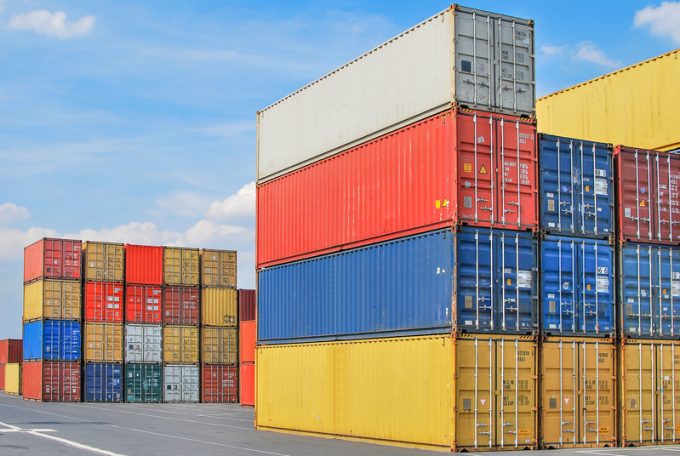MSC switches two more Asia-Europe port calls from congested Antwerp
MSC has decided to switch two more calls out of Antwerp on its Asia-North Europe ...

The offer by shipping lines to temporarily store containers at way ports to avoid congestion at destination terminals has proved popular with European importers.
There has been a significant take-up of the products to help manage the reduced demand during the coronavirus crisis, which have been variously ...

Comment on this article